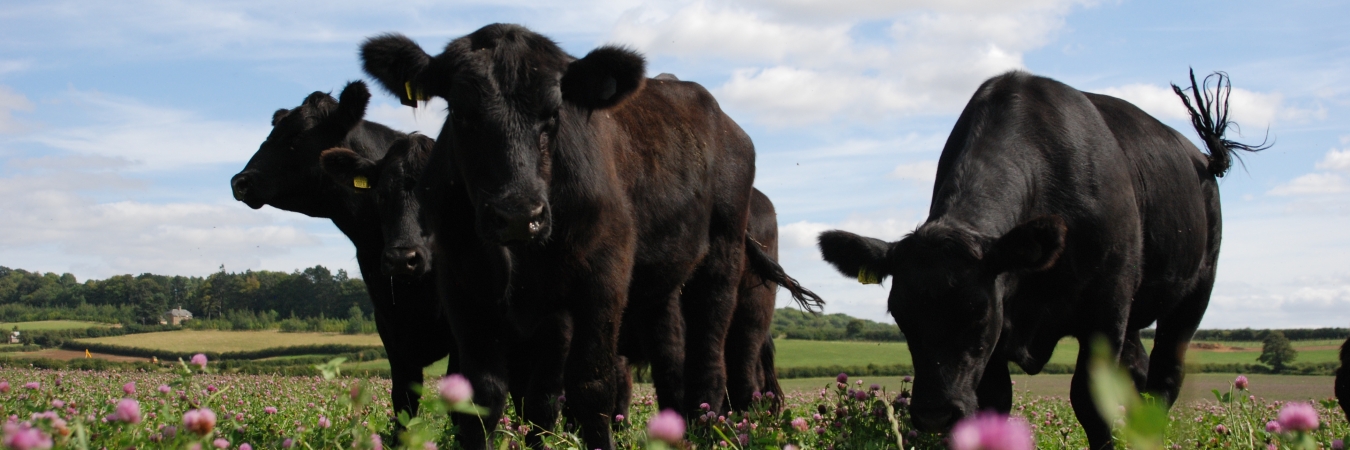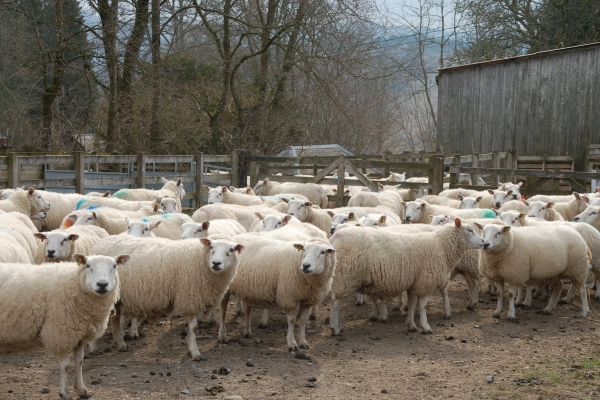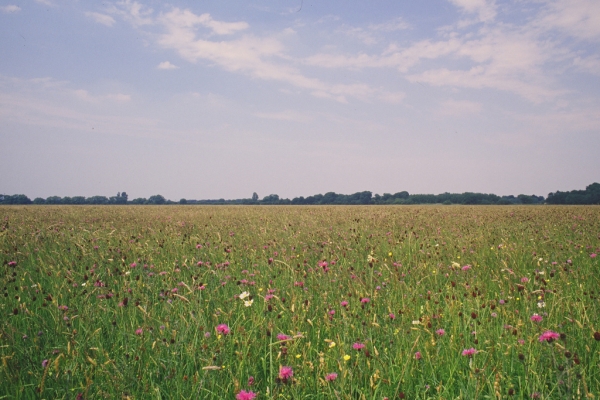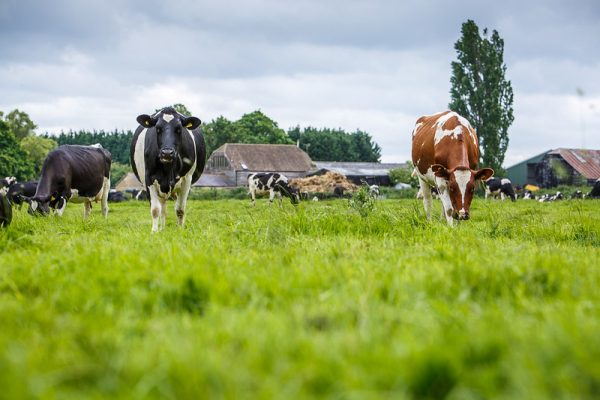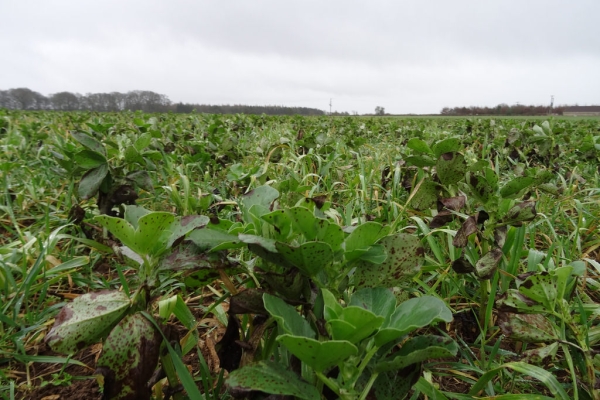Agricology Field Day: Mixing it Up – Leys, Livestock & Arable
Get ahead of the curve and join Agricology on farm for this fringe event to the Oxford Conferences.
Driven by the need to build profitable farm businesses resilient to increasing uncertainties, many progressive farmers are opting to include restorative ley periods in the rotation. Their experiences show improvements to soil health, increased control of problem weeds such as blackgrass, reduced dependency on chemical inputs and positive impact on gross margins. Reaping the multiple benefits of mixed farming to build sustainable systems for the future.
There is no one size fits all and different farmers are chosing to do this in different ways – some are opting to reintegrate livestock in their farm business, some to collaborate with local livestock farmers and others to build in stockless fertility building periods.
As a warm-up to the Oxford conferences, Agricology invites participants of the OFC and ORFC (and beyond!) to join us on-farm to explore the role of restorative leys in different agricultural systems – regardless of labels. The tour around Daylesford’s beef, sheep, dairy, forage conservation and arable production system forms the backbone of discussion and a roving microphone will capture experiences of a range of farmers, questions from the group and supporting science from Agricology’s research partners.
The event will focus on sharing experiences; exploring practical questions around establishment, species and breed selection, the benefits for soil health, weed control, yields and overcoming some of the challenges.
Participating farmers and researchers will include:
- Sophie Alexander, Hemsworth Farm, Fordingbridge: Integrating livestock to graze leys / cover crops and manage weeds in arable systems
- Ian Boyd, Whittington Lodge Farm, Cheltenham: Herbal leys and pasture fed livestock in arable systems
- Richard Smith, Daylesford Organic Farm: Livestock breeding and grazing management at Daylesford
- Dr Lizzie Sagoo, Soil Scientist, ADAS: Impact of leys on soil health
- Nicola Smith, Noble Farming, Chipping Norton: Benefits of integrating arable and sheep on livestock health
- Tom and Debra Willoughby, Grange Farm, Leics: Experimenting with ley species mixtures for multiple functions
- Anna Sellars, Organic Research Centre: Opportunities to engage with research in DIVERimpacts / DIVERsify project
- Phil Jarvis, Allerton Estate, Loddington: Stockless leys and collaborations in an integrated farming system
- Richard Gantlett, Yatesbury House Farm, Wiltshire: Diverse leys and building soil organic matter
Full agenda to follow.
A delicious Daylesford casserole lunch can also be included in your ticket. A coach will collect participants from Oxford at 8.30am and return back at 2.30pm close to the OFC conference venue. Discussion can continue down the road to Oxford or on a casual walk to see other parts of the farm for those who wish to stay.
To get your tickets go to: http://bit.ly/2iFwLC6
